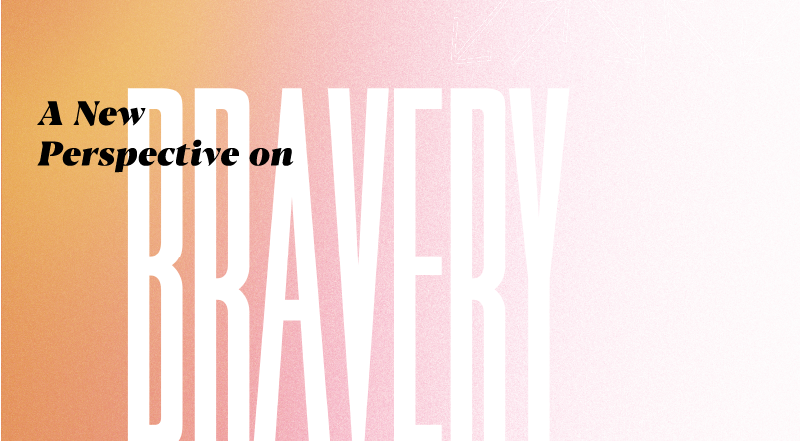Career choices don’t always follow a linear path. It takes personal bravery to make momentous decisions.
I had a year not so long ago that was both the best and the worst of my life. It was the best because I married the love of my life. It was the worst because we barely made it out alive.
My career could not have been better; it was my second year as a single administrator of a little elementary school in Calgary. It wasn’t easy, but it was fulfilling.
One spring morning at 5 a.m., our neighbour went onto his balcony to have a cigarette. He extinguished it in a planter and set our whole condo building on fire. We woke to the sound of a firefighter knocking down our door. We grabbed our puppy, a phone and some shoes and crawled out through the smoke and flames. We got out just in time.
I took very little time off work despite trying to rebuild my life. My family found temporary housing, and we did our best to move forward. I managed to end the school year with a semblance of normalcy. It wasn’t until the summer that I really started struggling. I didn’t realize it at the time, but post-traumatic stress had laid its grip on me.
My third year as principal was rocky. I lacked resilience and fortitude. I would try to do something, but I couldn’t focus. Nothing came easily to me; I stressed about everything. The challenges of staffing, budgets, schedules and school development planning left me feeling overwhelmed. I would spend 12 hours at work and feel like I had accomplished very little. I struggled to sleep because I worried about every email and issue. “What if” scenarios replayed in my mind, and I assumed the worst would happen in every situation. I needed help, but didn’t know where to turn. I had never felt more alone.
One day, I just couldn’t turn off the tears. I knew in that moment that I needed help, and I booked an appointment to see a therapist. I was diagnosed with PTSD, anxiety and depression. Understanding what was wrong gave me some relief, but I felt trapped in a downward spiral of stress. I carried the weight of a whole school on my shoulders; I had no assistant principal or learning leaders. I felt like I was the captain of a sinking ship and I just wanted to jump overboard.
I did a lot of soul searching and decided that I needed to make my health and well-being top priorities. An assistant principal posting captured my interest and, for the first time in many months, I was excited by a possibility. I interviewed for the job while battling pneumonia — my poor mental health had taken a physical toll — but I was offered the job and accepted. It was the best decision I could have made. To me, it wasn’t a step backwards in my career but rather a hopeful step forward in my life.
Sometimes I worry about my future. Should I go back to being a principal? If I do, how will I explain my career trajectory? Ultimately, I did what I needed to do. I’m proud of myself for taking my mental health seriously and responding to those red flags. I have no regrets and am hopeful that my school board will understand that career choices don’t always follow a linear path. It takes personal bravery to make momentous decisions. It takes personal bravery to heal.
Myths about mental illness
Myth: People with mental illness never get better.
Reality: With the right kind of help, people with mental illnesses often recover and go on to lead healthy, productive lives. While the illness may not go away, the symptoms associated with it can be controlled.
Myth: Mental illness is caused by a personal weakness.
Reality: A mental illness is not a character flaw. It is an illness that has nothing to do with being weak or lacking willpower. Although people with mental illnesses can play a big part in their own recovery, they did not choose to become ill, and they are not lazy because they cannot just “snap out of it.”
Myth: People with mental illness are poor and/or less intelligent.
Reality: Many studies show that most people with a mental illness have average or above-average intelligence. Mental illness, like physical illness, can affect anyone regardless of intelligence, social class or income level.
Information compiled from Compassionate Classrooms, published jointly by the Alberta Teachers’ Association and the Canadian Mental Health Association. This resource is available from the ATA.
Assistant Principal
Read more
View the entire digital issue of the ATA Magazine
See the latest issue


